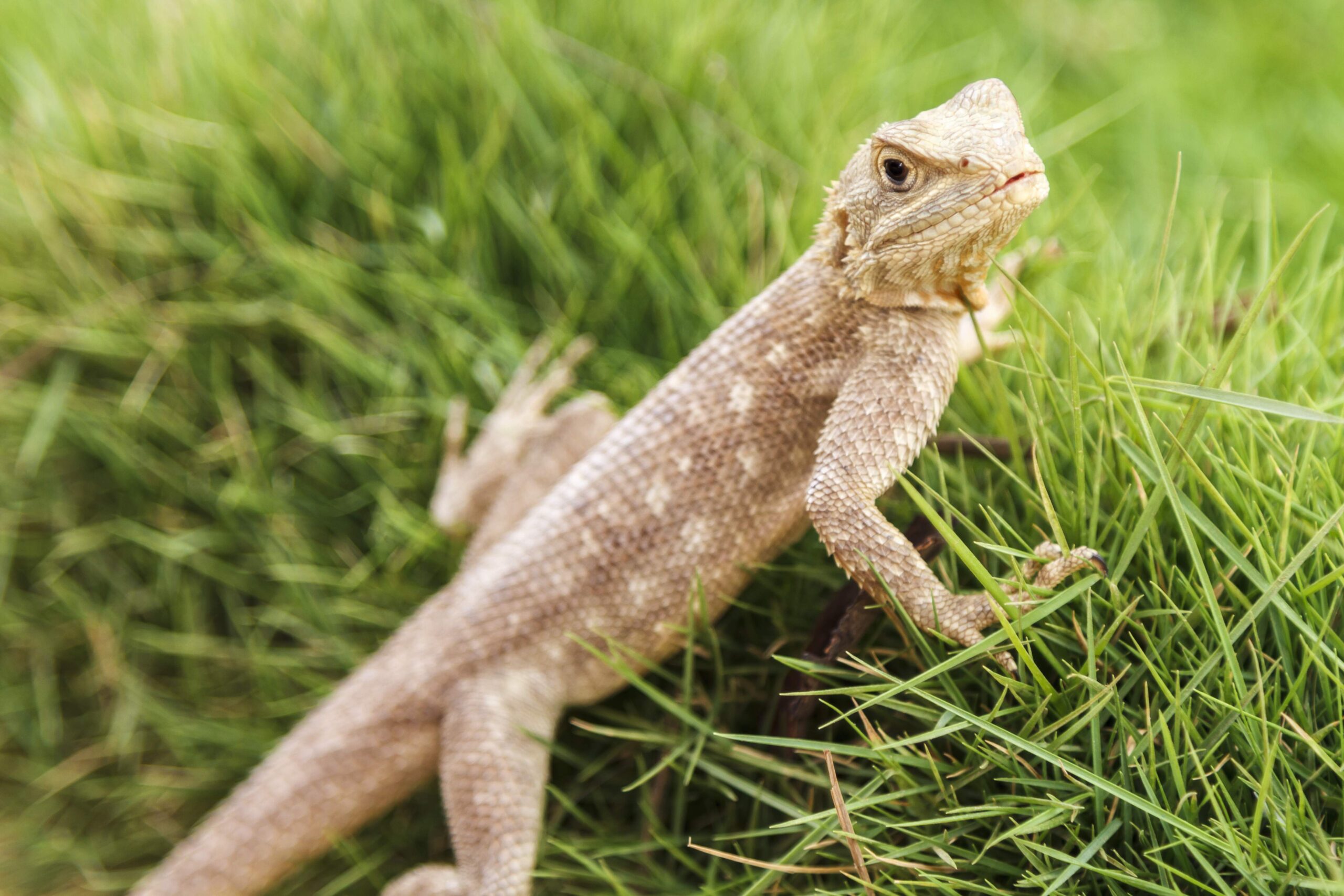
How to Find a Responsible Reptile Breeder
Breeding reptiles require incredibly high levels of expertise, patience, and knowledge. Reptiles are much different from mammals, needing particular environments and dietary care. Reptiles in captivity are susceptible to illness and other health issues when they aren’t correctly taken care of.
So, how do you know where to find a reputable breeder with the animal’s best interest at heart? It might take some digging and additional research at options—and you might even have to travel or consider shipping. Let’s take a look at what not to do, what to look for, and what you can ask.

Buying Reptiles from Pet Stores
Many reptile enthusiasts advise against buying reptiles from pet stores. Many of these animals have undergone a very stressful experience before arriving at the store.
Many employees lack the general knowledge to take care of these species, too. They don’t have the keen eye to notice when something is wrong with their health or if they are acting as expected.
Sometimes you can get lucky and find a perfectly healthy reptile with no issues, but is it worth the risk? Only you can decide.
Buying Reptiles from Previous Owners
Trading and selling are super common among reptile enthusiasts. It isn’t uncommon to see ads on social media platforms or buy/sell/trade sites where people want to swap reptiles. Hobbyists often do this for many purposes, and it doesn’t necessarily mean anything is wrong with the reptile.
However, sometimes people can use this as a way to swindle you—and that’s just the cold, hard truth. If their reptile has fallen ill, has an eating issue, or otherwise is experiencing a problem, rather than addressing it, many people look to get rid of them to turn a quick profit.
How to Find a Reputable Reptile Breeder
Instead of buying from any other place, searching reputable breeders can land you with a quality, healthy reptile you can have for years to come. So, where can you find credible breeders?
Online Sites
There are places that reptile breeders who produce stunning specimens advertise. Sites like Morph Market and Reptile Super Show let you view tons of options, browsing through alphabetically.
Reptile Foundations
You can find extremely valuable information regarding breeders and much-needed alerts on authentic reptile websites. Sometimes, there are expos to attend across the United States where breeders bring their finest specimens for viewing and purchase.
Otherwise, you can use the sites to pick up valuable information about reptiles and how to buy or trade.
- United States Association of Reptile Keepers
- National Reptile Breeders Expo

Finding an Exotic Veterinarian Near You
Before you even commit to getting a reptile, locating a vet needs to be your first move. Depending on where you live, it can be challenging to find a vet that takes reptiles. Also, exotic veterinarians might be more expensive than a traditional vet, so expect an increase in prices.
The 16 Questions Should You Ask a Reptile Breeder
Before you start your search for your reptile of choice, you should compile a list of applicable questions for your specific species. However, here’s a solid list of 15 you can consider when you finally reach out.
1. How Long Have You Been Breeding Reptiles?
Knowing how long your breeder has been in business can tell you a lot about their experience level. That is not to say that a new breeder can’t produce quality reptiles. It simply gives you peace of mind to know that they know what they’re doing.
Advanced breeders will only grow in their skillset. However, that doesn’t mean a novice breeder can’t produce quality reptiles. Use your best judgment.
2. What Reptiles Do You Specialize In?
The term ‘reptile‘ covers a broad range of animals. Sometimes variety isn’t necessarily a good thing when you’re picking a breeder. If someone breeds too many species, they might lack in other areas of specialization.
However, someone who only breeds one specific kind of reptile might not have what you’re looking for either.
3.Do You Have Any Professional Training or Skills?
Some breeders have very specific training or a long history of professional work with the animals they breed. Many breeders attend expos and seminars to become more knowledgeable about the topic. Also, they might move on to more challenging species.
Asking about their expertise gives you a good indication of how seriously they take the task—and you might just learn a thing or two in the process.
4. Can I See Pictures of Living Conditions?
Ultimately, the environment the reptiles live in speaks volumes about their overall care. If you notice that the conditions are less than favorable, you can steer clear.
Enclosures should have all essential elements to keep the reptile healthy and nourished.
5.How Do You Select Homes for Your Reptiles?
Some breeders have waiting lists a mile long—especially if they have a very rare species or morph. If you want a highly specific animal, it might be harder to find breeders who have them. Others have high availability for common species.
If a breeder does have limited availability, make sure to ask when you can expect the reptile of your choice and how they select buyers.
6.Would You Recommend This Species to a Novice Owner?
Some reptiles can be absolutely challenging to keep, especially when you’re not used to the animal’s unique needs. If you are interested in a particular species but don’t have the experience, ask the breeder about the potential expertise needed to handle the task.
A person who is genuinely interested in the wellbeing of the creature will gladly tell you if novice owners are a good fit. Sometimes, it’s as simple as knowing what kind of heating sources to use and when. Other times, it can be something much more specific, like a rigorous diet regimen.
Certain reptiles can become very ill without the right dietary and environmental needs, which can be tremendously expensive and time-consuming. Breeders should be interested in the reptile’s overall livelihood over profit.

